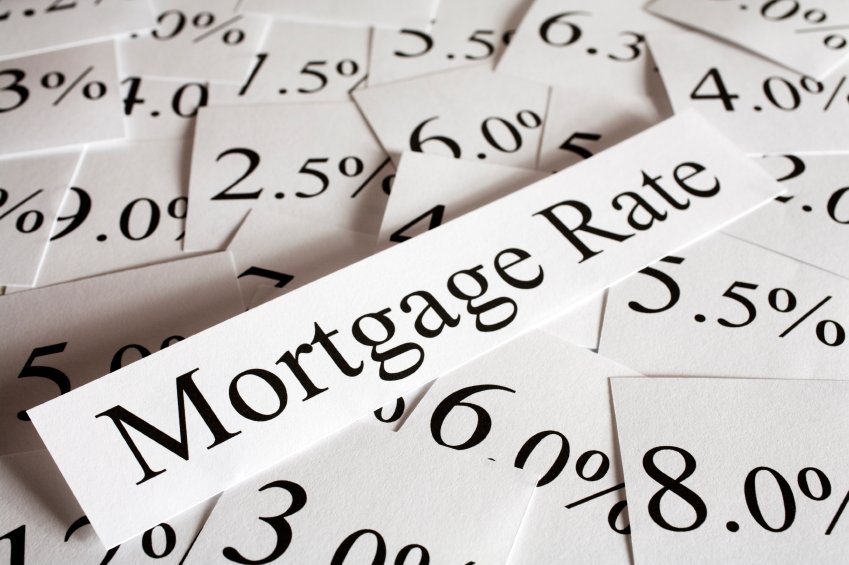Determining Your Mortgage Interest Rate
July 18th, 2013
July 18th, 2013

You may have seen low interest rates advertised for home loans online, on TV or in the newspaper. So, you decided now was the time to buy a new home or refinance your existing one. But when you start looking for a loan, you may be confused as to why you don’t qualify for these rock-bottom interest rates.
Well, there are several factors that go into determining what your interest rate will be. And most of these things depend largely on your personal situation. Your credit history, credit score and debt-to-income ratio have the greatest impact on what interest rate you’ll have to pay on your loan.
Credit history. Your credit history tells lenders how you’ve managed your money in the past, such as how many credit cards or loans you have and if you pay your bills on time. Your credit history is contained in a credit report that’s kept on file by the credit bureaus – Equifax, Experian and Trans Union.
Credit score. A credit score is a number you’re given based on your credit history. High scores around 700 to 850 mean you have good credit. Low scores around 300 mean you have bad credit. Basically, if you have a high credit score, then you will qualify for a lower interest rate.
Debt-to-income ratio. Your debt-to-income ratio looks at what your income is versus what you owe. Lenders look at your debt-to-income ratio to determine the amount of mortgage payment you can afford.
Other factors that have a direct impact on your interest rate include:
Type of property. If the property you’re buying or refinancing is a second home or a property you’ll be renting out to tenants, your interest rate will likely be higher.
Loan term. Interest rates tend to be higher on shorter term loans of 15 to 20 years; while they’re usually lower on longer term mortgages of 30 years.
Loan amount. In most parts of the country, if you’re buying a home that costs $417,000 or more (in high cost areas, this amount is $625,000 and more), you’ll pay a higher interest rate because of the larger loan amount.
Loan-to-value (LTV) ratio. Your loan-to-value ratio is figured by dividing the appraised value of your home by the total amount of your mortgage. A high LTV ratio (above 80%) signifies a greater risk, so the interest rate will be higher. Whereas, a low LTV (below 80%) generally means a lower risk, so the interest rate will be lower.
Location. Interest rates vary from lender to lender and from state to state.
Down payment size. Generally, the larger the down payment, the better your interest rate will be.
Another reason some advertised interest rates are lower is that they require you to pay discount points. So you may have to pay more in upfront fees (a point equals 1% of the loan amount) to actually receive the lower interest rate.
When you’re shopping for a mortgage loan and interest rate, make sure everything you’re comparing is the same. Get loan offers from multiple lenders, and make sure these offers are customized to your needs and financial situation. This way you’ll be able to make the best decision on your mortgage options.
At Grandview Lending, our mortgage specialists will review your situation with you to find the right mortgage based on your needs. Contact us today.
Photo credit: iStockphoto
























































































We provide our clients with exceptional service and integrity which has become our hallmark.